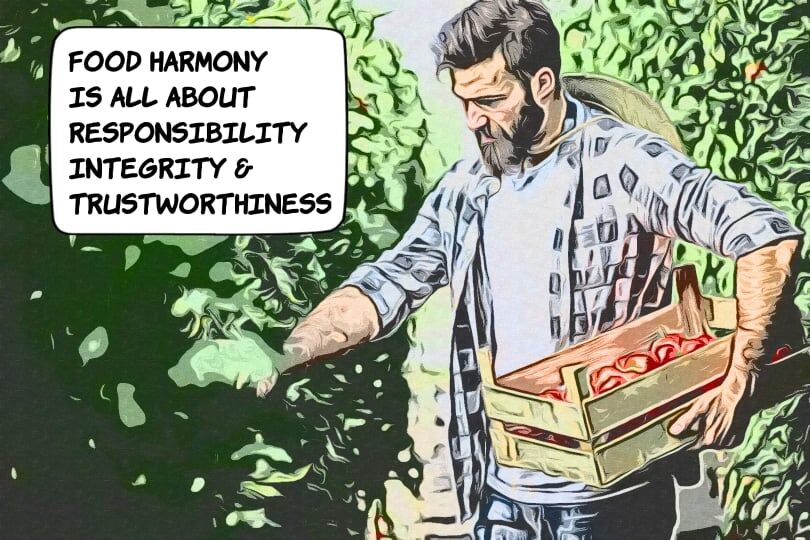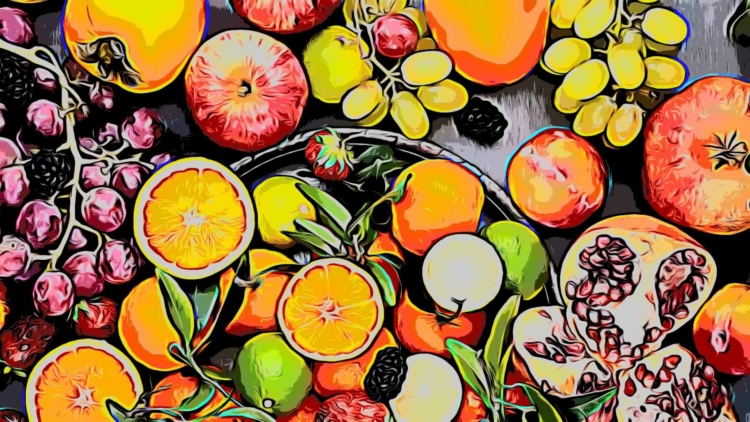2 FARMERS at TIPPING POINT phase
In the past decade, two main developments have brought Agro-Food management issues to the fore.
– First has been the increased awareness of communities and nations on food safety and environmental-friendly technologies, not only for key operational purposes but also for gaining strategic advantage in a rapidly changing ecosystem and confronting the new challenges of food’s supply chain.
– Second, abetted by information and communication technologies which are completely reshaping human intelligence and the whole agro-business model’s transformation for many countries and organizations.
Whereas in the past societies could rely on confining themselves to a particular geographical area to conduct their business, today business is increasingly becoming location independent and all sector’s players are finding themselves to be strategically disadvantaged if they are confined to a particular place without preparing to respect the global conditions while, at the same time, need to act locally and abiding domestic principle.
The consequence of advances in the food chain industry and the changing boundaries of knowledge have brought the importance of big data and information to the priority because it is the absolute knowledge that helps Agro-actors realize their objectives when are responsible to feed others.
Today because the nature of the agriculture and scope of products processing has evolved, the emphasis on food harmony should be on establishing responsibility, the integrity of people, trustworthiness, and ethicality.
Has been seriously wondered by anyone how a small farmer can produce competitively when he is not seriously connected to the markets when there are no consolidated policies to financially support him for unpredicted disasters or there is only forerunner support?
Why supporting him financially becomes very difficult, when his profit is marginal -or often does not exist- when the final prices of the products he sells are skyrocketed at the supermarkets and when he is deserted by every middle man in a distribution model full with great distortions and imbalances?
But, the people who know the most about making farming more sustainable are farmers themselves therefore this is only possible if they have the necessary means and access to credit their production and smoothly meet the requirements of the market, by navigating within an ecosystem of extroversion, culture, knowledge spreading and of supportive policies – not only simply try to survive economically in an increasingly competitive world.
Past practices and supremely optimistic mantras, if are stuck in the mind and continue without changing, they will be just chasing trends, arrive too late, ‘fad surfing while walking on the water’ and will not fall to the bottom line either on profits or happiness.
————-
this is an excerpt of the new book of Panos (Panayiotis) Chamakiotis that will be released in late January 2022



